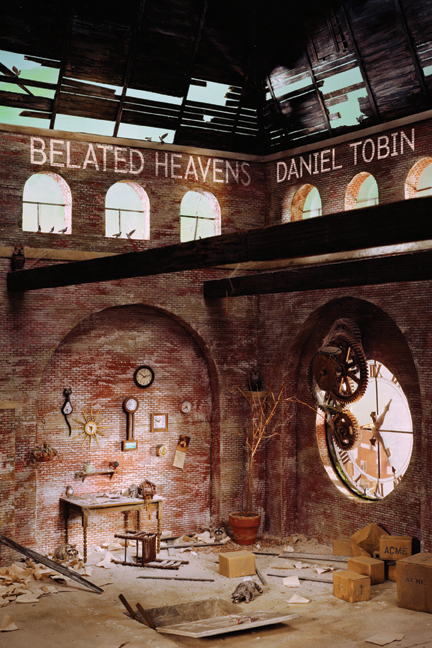
paper • 92 pages • 15.95
ISBN-13: 978-1-935536-03-1
In the title poem of Daniel Tobin’s far-reaching fifth collection, Belated Heavens, the seemingly effortless inflation of an air mattress “out of nothing, so nothing fills [it]” playfully calls to mind “the turtle of creation” as it “swims through time.” Tobin, masterful bard, observes thought-provoking harmonies across grand scales: in “A Palm Print at Lascaux,” the speaker reaches out, Alice in Wonderland-style, to set himself within “the steppe / alive in limestone.” Belated Heavens paints the interconnectedness of past times and distant places, from the possibility of an afterlife—“your many dead still nearby / watching you from behind your life’s one-way mirror”—to the “manna in the marmoreal air” of a “Winter Storm, Jerusalem.”
Belated Heavens critiques the “palpable cliché: / art is the bulwark of our fear.” The poet’s work makes him a documentarian who speaks meaningfully where “talking heads drone on.” Tobin’s wit delights—a riff on Frost’s “Mending Wall” inserts “hydrostatic pressure”—but also teaches wisely: you “walk among remnants / of a lost world, even when its not your own.” Using villanelle and paradelle, free verse and blank verse, terza rima and the blues, Belated Heavens weaves diverse iconographies: Babylonian gods, medieval cartography, paparazzi, Neanderthal DNA, the extinctions of languages and species. Tobin sees the world’s sweep and crystallizes it in its troubling fragility; he reminds us that knowledge itself is all too often belated.
“Four Way Books is known for taking risks with aesthetically challenging and important work, and Tobin seems more ambitious than many of his contemporaries…. Magnificent.” — Christopher Bock, The Harvard Review